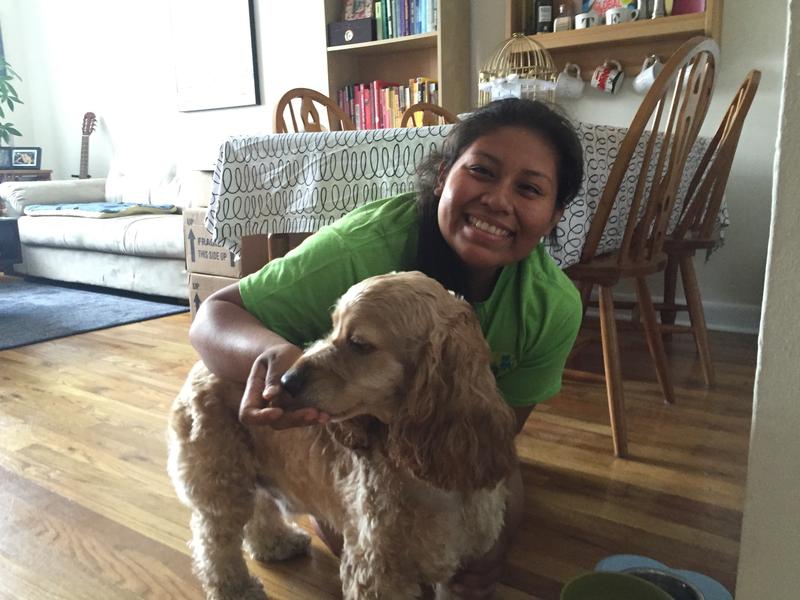
WNYC has been taking a close look at affordability in New York — one neighborhood at a time. Now we’re turning our attention to Sunset Park in Brooklyn, which, like so many neighborhoods in New York, is getting harder to afford. Property values are on the rise, making everything more expensive.
One question for residents — and really, for all of us — is: How can we improve neighborhoods and at the same time, keep the same neighbors?
Some people in Sunset Park are trying by developing worker-owned cooperatives.
But what are they are and how do they work?
- The workers are the owners. This means that the workers make the decisions about the pricing, the services, the schedules, and the future of the company.
- Coops in New York are mostly women and minority-owned businesses. 99% of worker-owners are women and 99% of worker-owners are not white. Most are Hispanic or black.
- Coops help their members plan for the long-term. Owning the business means that workers don’t have to rely only on their own body to make money. In other words, when they get older and can't walk dogs anymore or clean homes for a living, they can still earn money by helping to run those businesses.
- Coops are a way for people to build equity. It’s often people’s first chance at being owners of an asset, in this case the coop, which has the potential to grow in value.
- There are about 60 worker coops in NYC. That’s triple what it was three years ago, in part because of the city’s Worker Cooperative Business Development Initiative (WCBDI). The City Council just approved a fourth year of funding. Most existing coops were created after 2008.
- Sunset Park is a hub for worker coops. The Center for Family Life started incubating these businesses about 10 years ago. Since then, it's helped workers create over 15 coops, most of which are based in Sunset Park. They include coops for dog walkers, home cleaners, tutors, elder care and child care providers.
For more information on worker cooperatives in New York City:
